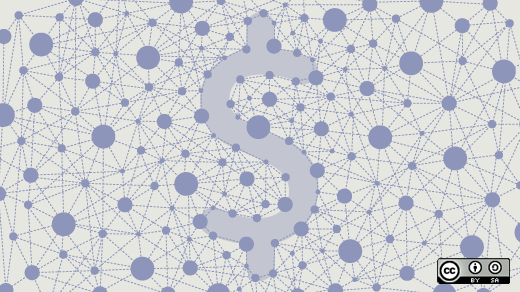MedStartr is a new way to fund healthcare initiatives—think Kickstarter for doctors, patients, and what ails them. It's headed up by Mike Pence and Alex Fair, two guys of different backgrounds and expertise who've come together to share the same dream and passion for helping those in physical need.
Alex and Mike first shared with us how MedStartr works and who's involved. Now, we hear from them on what it is about healthcare that makes finding and implementing solutions so difficult. And why you should care.
Describe the unique challenges the healthcare industry faces when it comes to change, innovation, and cost.
Alex Fair: Healthcare in America is a bit of a train wreck. We spend more than any other country on it but don’t live any longer or better. Granted, much of this comes from our lifestyle, but there is no denying that there is something wrong when a person who can’t afford insurance is paying five times as much as insurance companies pay for the same exact care from the same doctor.
Regulations and non-transparent business practices have created an environment of massive, crippling paperwork (and it is paper far too often still), defensive medicine, and fear. On the positive side though, through a series of grants and challenges and regulatory changes, the U.S. government has opened up data sources and is changing some of the incentive structures to promote healthier living. This has led to a surge in healthcare innovation.
A $100 device sold on Kickstarter, could otherwise cost the buyer $500, take an expert to install, and cost 200 million dollars on the back-end to develop.
Another huge factor is that the cost to bring ideas to market is much, much higher in healthcare. And at the end of the day, the patient expects their insurance to pay for it anyway—so the "sale" or "pre-sale" that happens on MedStartr has many stakeholders that need to be engaged in different ways.
Because of this, we make sure that each project page appeals to patients, doctors, hospitals, corporate partners, and potential investors—all the key stakeholders. We also have representatives from each group review projects before they go live.
Why do patients need to get involved in healthcare innovation?
Alex Fair: Everyone is a patient and everyone is a part of the health industry, either actively or passively. Getting involved means having influence and transforms us from victims into change-makers. Moreover, pharmaceuticals and governments consider the good of the people but are also driven by shareholders, constituents, lobbyists and these bodies of influence to seek more profitable opportunities and shelve the others.
Patients adopting healthcare innovation is the best way to initiate change in the least innovative industry around.
Crowdfunding is a way to allow people to make an impassioned plea to other people; revealing the problems they face and the fact that a solution is needed. Most importantly, those big companies and governments are paying attention and are being moved by what the patients are voting for publicly on MedStartr.
How does MedStartr operate along side other incubators? Is there competition for visibility, popularity, and funding? Are there ways you are able to support and encourage each other?
Alex Fair: At MedStartr, we don’t see incubators as our competition, but rather partners with whom we can have symbiotic relationships. In fact, our offices are at BluePrint Health, a healthcare incubator backed by TechStars and we collaborate with them and other incubators around the country. All startups need platforms to drive adoption, sales, and funding. Incubators are fantastic for this but where does a startup go after or before?
Pebble is a perfect example. They went through Y Combinator and then sold 69,000 watches on Kickstarter breaking all records.
A great way for us to support each other is to have the incubator make a MedStartr project part of their program. We want to be the platform that all health incubators utilize for this and are in talks with several. For us this is helpful too because it vastly increases the chance of success of a project and helps us prevent fraud, an essential part of all crowdfunding businesses.
What is the difference in crowdfunding and angel investing? And why might someone say that crowdfunding is not as "smart"?
Alex Fair: Currently, crowdfunding on MedStartr is not for equity whereas angel investing generally is. The second difference is in the accessability to funding. Angels and VCs represent a bottleneck in the investment process and a disconnect with consumer interest. Crowdfunding opens this up and makes it clear what types of solutions people actually want, taking the guesswork out of investing.
We are a great option for entrepreneurs who want to raise capital without losing equity or sacrificing IP but still need to connect with partners and beneficiaries early on.
Indeed, some would say that without angel of VC investors you don’t have the "smart" money support. Milena Adamanin, MD and CEO of the Life Science Angel Network, and I actually debated this at our first MedStartr event. We concluded that crowdfunding is not a replacement for angel or VC investment, that it is part of the continuum of care for a healthcare startup. Specifically, the "wisdom of crowds" augments and enables testing of the insights that angels and VCs bring with minimal risk. This is why angels, VCs, partners, and even our government love to see and invest in successful MedStartr projects. It is like a giant petri dish for business success and mitigates their risk.
Finally, an important, distinguishing feature between MedStartr and angels or incubators is that MedStartr does not ask for equity in return for raising capital, something that is a common practice at incubators.






1 Comment